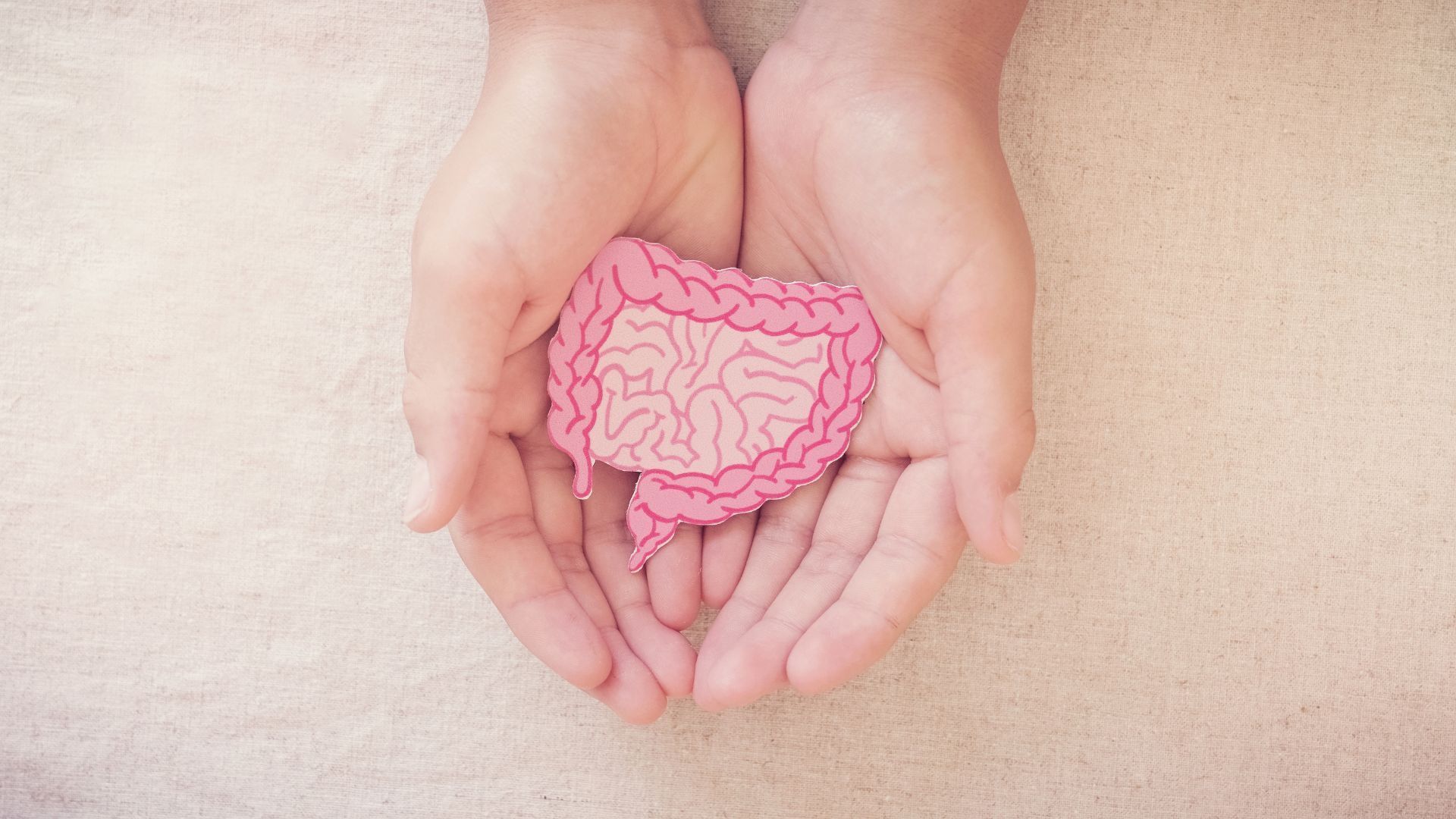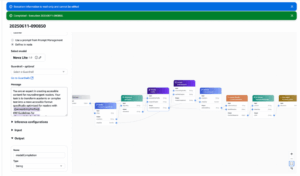As experts at Quirónsalud Bizkaia indicate, in addition to symptoms, other factors such as pathophysiological alterations, anatomical anomalies of the intestines, lifestyle habits, and diet must be considered.
Small intestinal bacterial overgrowth (SIBO) has become an increasingly familiar term in the health field. However, its growing popularity has led to a series of myths and misunderstandings that can lead to incorrect self-diagnosis and inadequate treatments.
Dr. Juan Antonio Arévalo, Head of the Digestive System Service at Quirónsalud Bizkaia, warns about the dangers of self-diagnosis: “SIBO is a complex syndrome with multiple underlying causes. Symptoms such as abdominal pain, bloating, and intestinal disturbances may be common to many other conditions. It is essential to see a specialist for an accurate diagnosis and appropriate treatment.” Diet and lifestyle habits, as well as gastrointestinal pathophysiological alterations or structural anatomical abnormalities of the intestines (strictures, fistulas, etc.) that promote the growth of these bacteria, play a fundamental role in the development of SIBO.
To check if the patient’s condition is SIBO, a breath test is performed, a non-invasive test that measures hydrogen and methane alterations in exhaled air. Previously, the patient must take a “glucose or lactulose preparation,” which due to the excessive presence of microbes ferments in the intestine and causes the appearance of hydrogen and methane. Therefore, the Quirónsalud specialist explains that if they are present, they constitute the definitive test for bacterial overgrowth.
“After this initial step, we need to correct possible nutritional deficiencies associated with SIBO, which can cause deficiencies in vitamins such as vitamin B12, vitamin B1, and vitamin B6,” highlights Dr. Arévalo. Finally, the goal is to rebalance the microbiota, which is the set of microorganisms (bacteria, fungi, archaea, viruses, and parasites) residing in the body and responsible, among other things, for the functioning and absorption of nutrients. “The cornerstone of SIBO treatment will be based on antibiotics, which can be combined with dietary modifications and probiotics,” concludes the digestive system specialist.
Source: MiMub in Spanish












